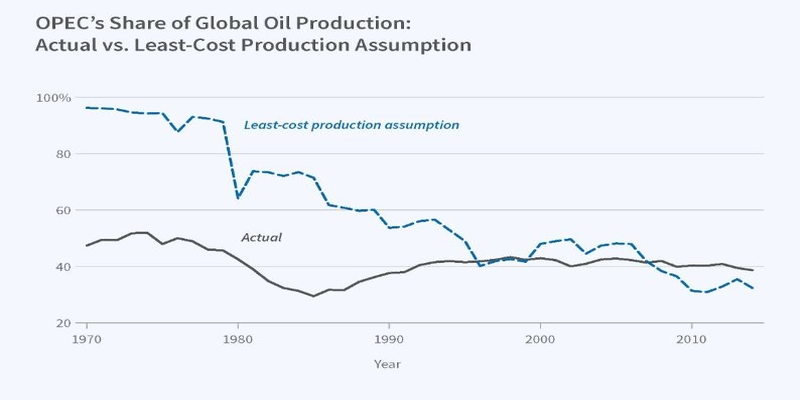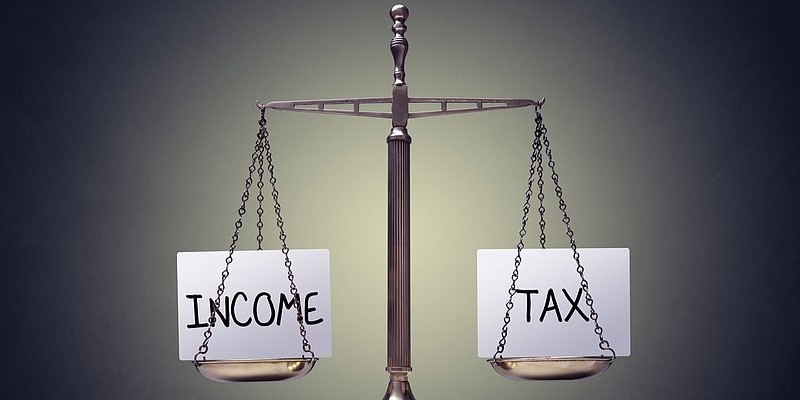Impact of Rising Crude Oil Prices on Various Industries
Crude oil price typically increase every year, which is bad news for customers paying more to fill their cars. If the rise in oil prices continues, not only this. it will also affect other industries that use oil as a raw material, including the food, consumer goods, and transportation sectors. If there is a sudden rise in oil prices, then almost all industries will be significantly affected by it. The industries immediately influenced by rising energy costs are shipping, aviation, and chemicals. Moreover, it will also affect the hospitality, travel agency, and food industries. However, several strategies are available to corporate decision-makers to lessen the damage. To read more about the companies affected most by oil prices, keep scrolling.
The Immediate And Long-Term Effects of Higher Energy Costs

Significant Impacts in Shipping And Aviation
If you are wondering what some products are made from oil, there are so many of these. Even though many companies use a lot of energy, their dependency on oil for feedstock and heating has caused prices to soar. However, some industries, like automobiles and construction, use less energy. However, the damage would be severe for companies that deal with food items, as well as for travel companies and the hospitality industry. Businesses that consume a lot of gas and oil are just some of the ones facing skyrocketing energy costs. High-energy consumers will eventually change high energy costs to differing degrees. For example, many items used in the food business come from agriculture. The food business will see higher prices if farmers are forced to raise their costs significantly because of rising energy expenses. Additionally, travel firms make many purchases from industries like road transportation and aircraft that produce much energy. When airlines are compelled to raise ticket rates due to increased kerosine expenses, they face more expensive plane tickets.
Effects of Rise in Oil on Different Sectors
 Energy-intensive industries are less negatively affected by growing energy costs. Their capacity to change the cost hikes for customers and their profit margins will determine the impact. The least affected industries are retail and medical, and wholesale sectors are less at risk from shocks in procurement prices. As a result of not frequently having to deal with price hikes,
these industries generate reasonable profits from their sales every year. Although previous data indicates minimal influence, airlines and the primary metals industries are usually affected the most in such situations. These industries deal with large and erratic profit margins and input costs.
It is tough to respond to changes in energy prices in these industries due to the tremendous energy intensity. Moreover, there is pressure to produce significant profits in the cement, travel, and automobile industries because of time shortage.
Energy-intensive industries are less negatively affected by growing energy costs. Their capacity to change the cost hikes for customers and their profit margins will determine the impact. The least affected industries are retail and medical, and wholesale sectors are less at risk from shocks in procurement prices. As a result of not frequently having to deal with price hikes,
these industries generate reasonable profits from their sales every year. Although previous data indicates minimal influence, airlines and the primary metals industries are usually affected the most in such situations. These industries deal with large and erratic profit margins and input costs.
It is tough to respond to changes in energy prices in these industries due to the tremendous energy intensity. Moreover, there is pressure to produce significant profits in the cement, travel, and automobile industries because of time shortage.
Industries Most Impacted By Rising Energy Costs
 Elevated procurement costs are mitigated due to substantial profit margins. Market power frequently allows businesses to pass on increased input costs. Generally speaking, though, there is one more thing we need to know: These businesses have often raised their pricing to a point where their clients can (or will) pay it, and they still make the most profit.
They, therefore, have no more room to raise prices without drastically decreasing sales. Rising energy rates negatively impact the immense profits of influential firms. For many businesses in these industries, this is the case.
For example, companies that sell concrete, bricks, and cement are limited to a tiny local market. That is because of the properties of their materials and products. Due to their size and weight, they are expensive and challenging to move. These local marketplaces become less competitive as a result.
Due to their already elevated production costs, these companies see a slower pass-through of fluctuations in energy prices. A decline in the usual profits will be the primary driver of rising energy prices.
Elevated procurement costs are mitigated due to substantial profit margins. Market power frequently allows businesses to pass on increased input costs. Generally speaking, though, there is one more thing we need to know: These businesses have often raised their pricing to a point where their clients can (or will) pay it, and they still make the most profit.
They, therefore, have no more room to raise prices without drastically decreasing sales. Rising energy rates negatively impact the immense profits of influential firms. For many businesses in these industries, this is the case.
For example, companies that sell concrete, bricks, and cement are limited to a tiny local market. That is because of the properties of their materials and products. Due to their size and weight, they are expensive and challenging to move. These local marketplaces become less competitive as a result.
Due to their already elevated production costs, these companies see a slower pass-through of fluctuations in energy prices. A decline in the usual profits will be the primary driver of rising energy prices.
Industries With The Minimum Effects of Rising Oil Prices
Price negotiations have less of an impact on the increased profits in the food items, road transport, and agricultural industries. Because of differences in price in these marketplaces, companies in highly competitive areas typically have smaller profit margins. But have you ever wondered what happens when businesses face increased expenses due to rising energy prices in these industries? To avoid any loss in any accidental situation of going bankrupt, companies in these areas cannot accept the higher procurement prices due to poor profit margins. There may be intense pricing talks, and suppliers may temporarily cease deliveries, but ultimately, the cost will increase. Hence, even if these businesses don't have a large profit margin, they must pass through more significant procurement costs. Given that every competitor is dealing with the same issue, the market output price will increase. Some industries, like the food industry and the transportation sector.
Conclusion
That is all you need to know about companies affected most by oil prices. The business leaders have to adjust to the new normal. The high energy cost usually stays for a longer period. The oil and gas markets are incredibly profitable, and the low prices of recent years do not appear to be returning anytime soon. According to research, the effects of rising energy prices vary by industry. Corporate decision-makers have several tools to lessen the impact of high energy prices, regardless of the industry in which their company operates. Hopefully, now you know when oil prices drop, who benefits and who loses.












